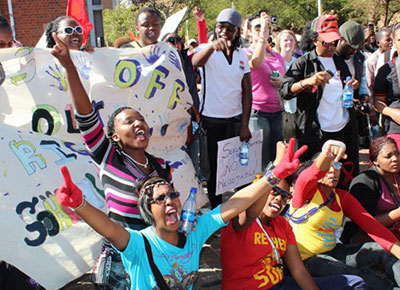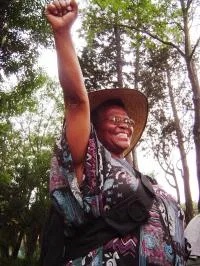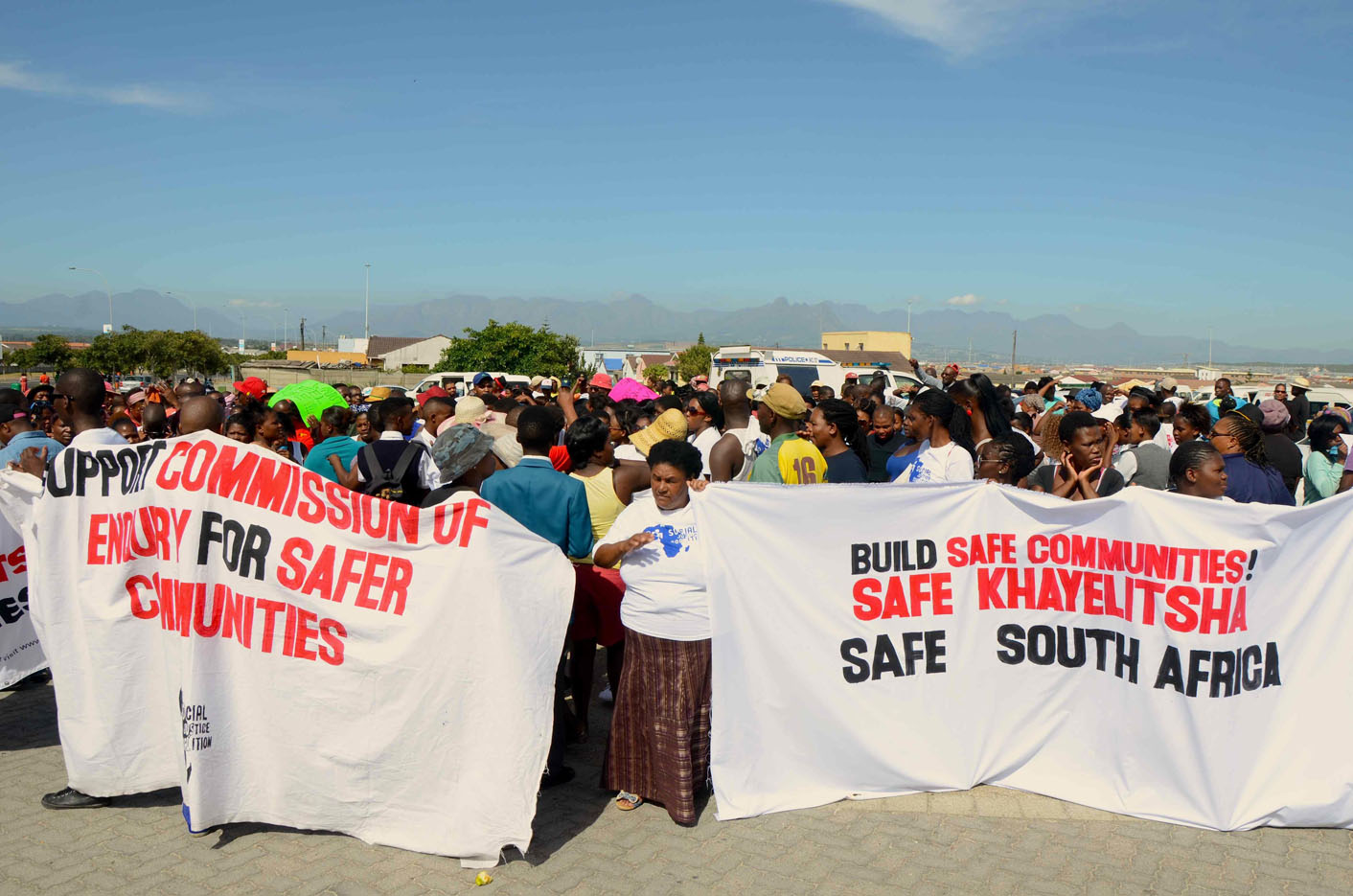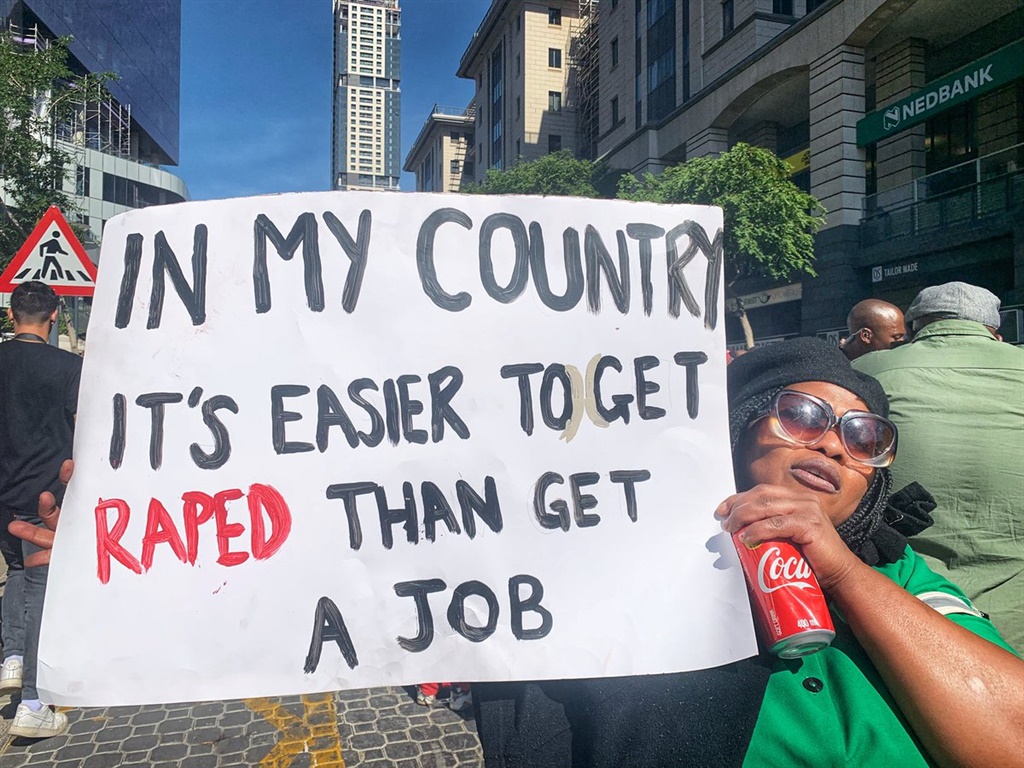THE CRY OF THE GANGSTER PARENT
Ooh I wish this day was never gonna come
Ooh how I wish that I will never hear these words
Ooh how I wish that I will never see this scene
Ooh how I wish that I will never have to say I told you so.
All the words of Wisdom from me never said a thing
Tragic deaths of your friends and the likes never woke you up
Several police arrests of you never deterred you
Miserable life style you lived never brought you back
Six gun shots in your leg never stopped you.
Ooh how I wish I would never said these words
Ooh how I wish I would never had to see this scene
Ooh how I wish I would never have to hear these words
Ooh how I wish I would never have to say that I told you so!
Even though I knew that it was supposed to be
Even though I knew that the sun rises from the darkest nights
I have hoped that there is a way out even in the densest forest
I was optimistic that one day you will come to your sense of reasoning
Religious teachings told me that the prodigal son will come home begging for crumbs
But with you it was never gonna be.
The night with you was never gonna dawn
The forest with you was full of beasts
The sense of reasoning with you was n’t gonna be
The prodigal son in you was lost forever
Ooh how I wish I was never gonna say these words
Where is the power of wisdom to stop this madness?
Where is the power of prayers to stop this cry?
Where is the power of humanity to push this inhumanity back?
Where is the power of community to bring back our being?
Let this be done before it dawns forever!
(Please find and share the poem I wrote after my nephew was shot down yesterday afternoon from his gangster activities. Conditions of gangsterism are created by our society and it is this society that have to deal with it. What can we do to preserve the precious life for all?)






